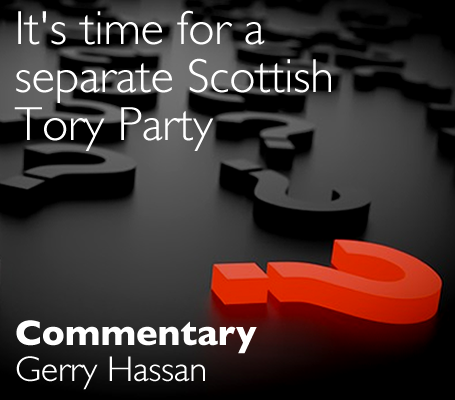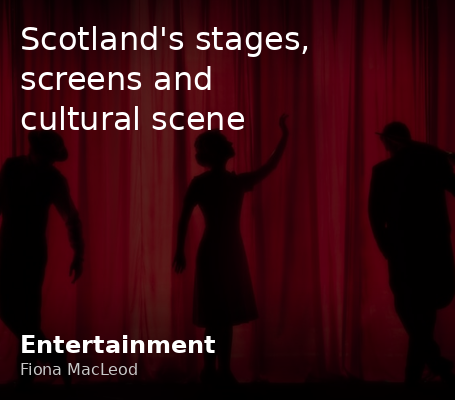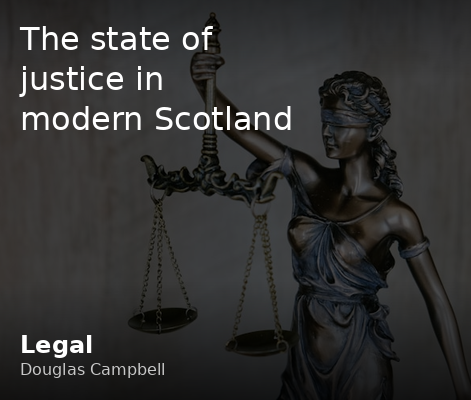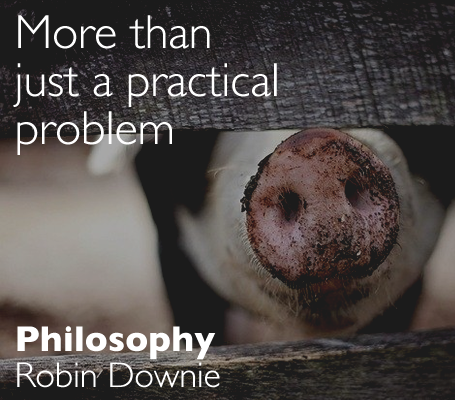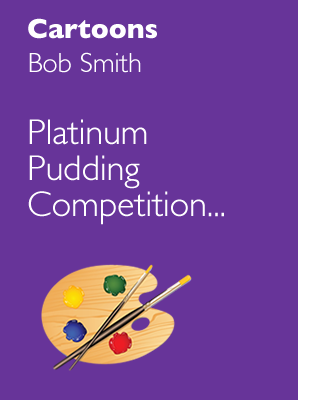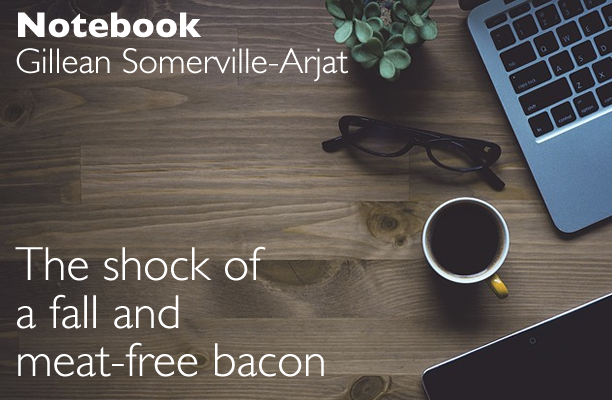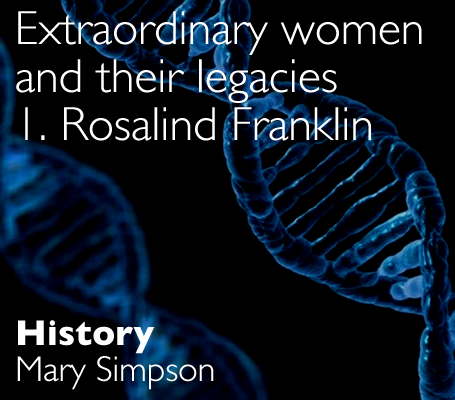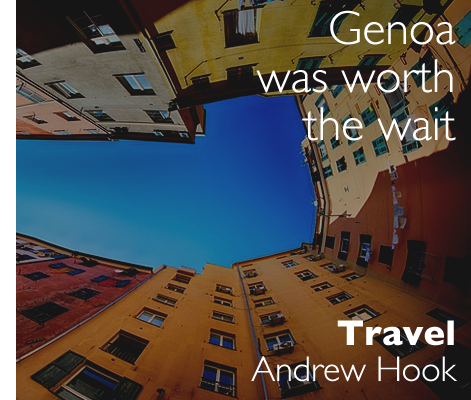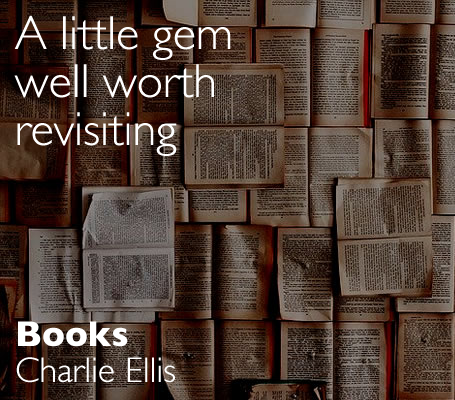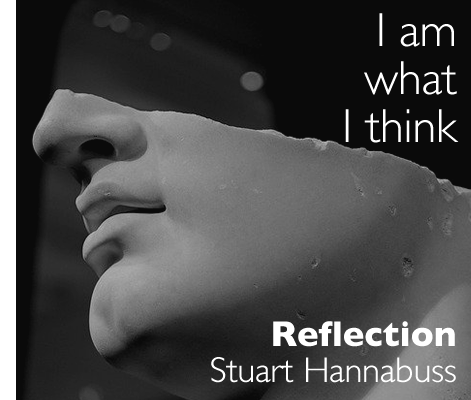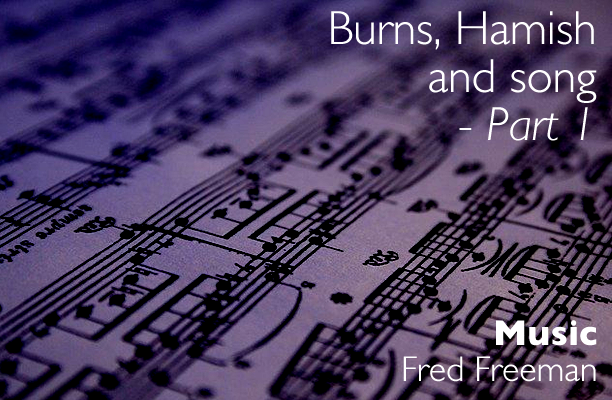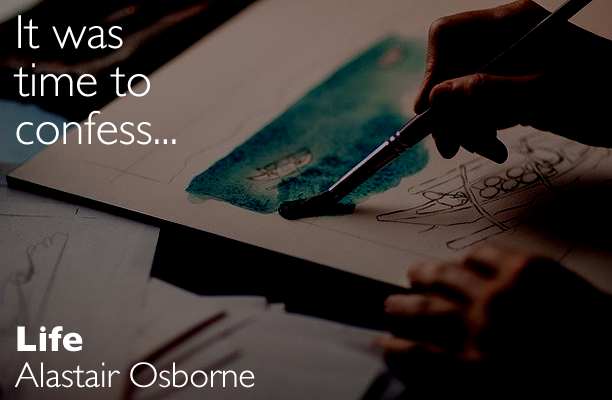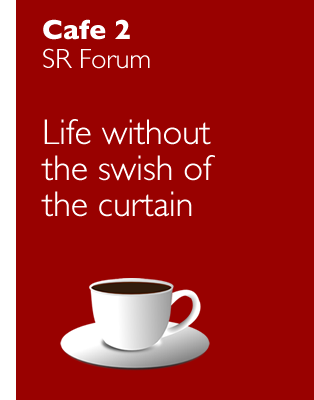Scotland’s Independent Commentary & Analysis
Latest Articles
Sport
Sport
Hearts, Finn Russell, and Believing
Hearts top the Scottish Premiership. Scotland have beaten England and Wales in the Six Nations. For a brief,...
22 Feb 2026 · Jamie Crawford
Culture
Culture
Edinburgh Is Remembering It Has a Soul
The Royal Scottish Academy turns 200 this year, the King's Theatre is finally reopening, and Edinburgh feels like...
22 Feb 2026 · Eilidh Murray
Politics
Politics
Sarwar’s Gamble May Cost Labour Holyrood
Anas Sarwar's call for Keir Starmer to resign was the boldest move in Scottish Labour for a generation....
22 Feb 2026 · Gregor Matheson

Entertainment
Best Online Casinos: My Honest Picks After 15 Years of Playing
These are the best online casinos I found after testing 15 UK sites with real money over 15...
19 Feb 2026 · Fiona Macleod

Sport
Scotland Beat England at Murrayfield and All Is Right with the World
LatestArchive (1995–2023)There are victories, and then there are Calcutta Cup victories. Scotland beating England at Murrayfield on February...
18 Feb 2026 · Jamie Crawford
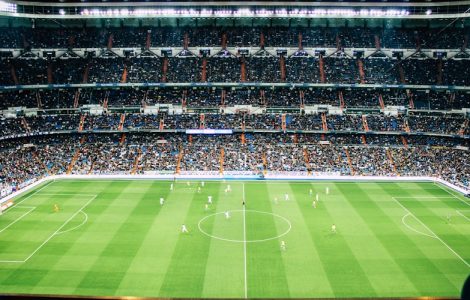
Sport
Scottish Cup Quarter-Finals Are Set — But Can You Actually Watch Them?
LatestArchive (1995–2023) The Scottish Cup Fifth Round is done, the Quarter-Final draw is confirmed, and the usual suspects...
18 Feb 2026 · Jamie Crawford

